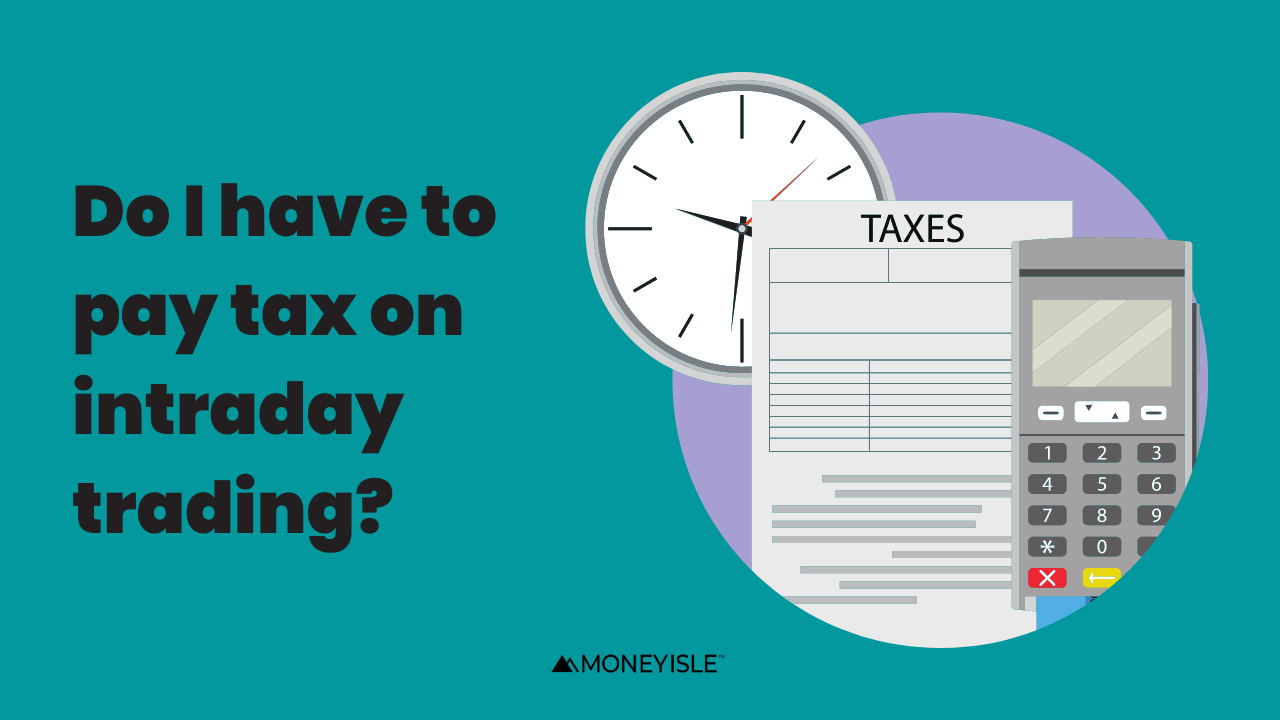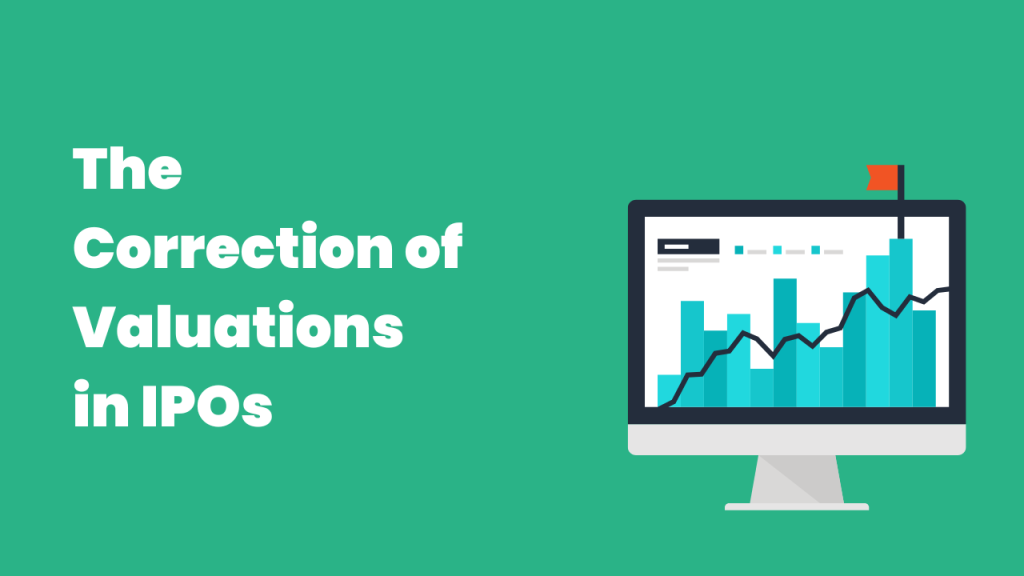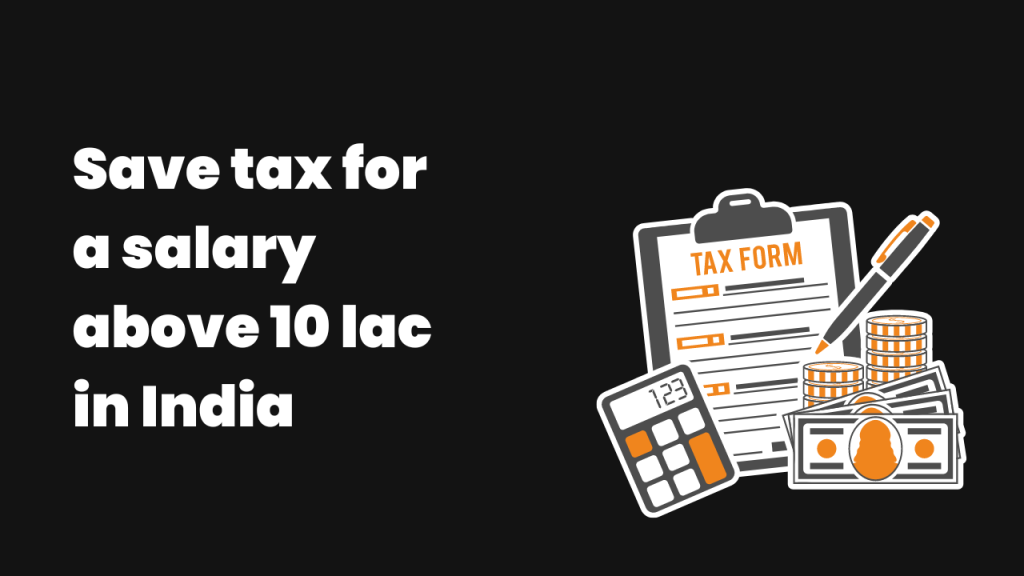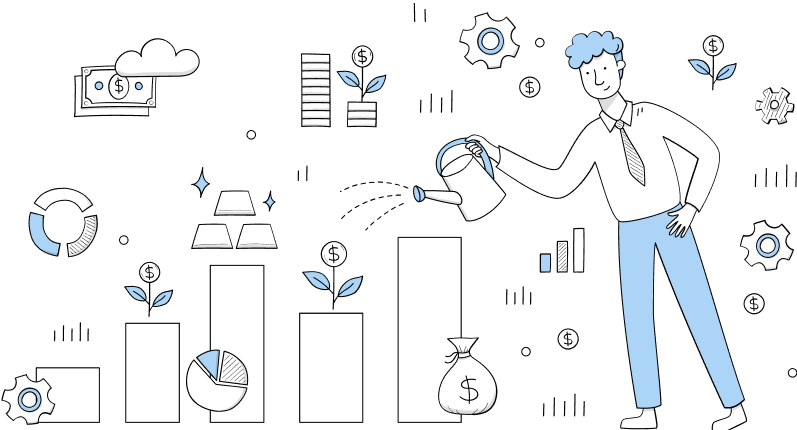Tax on intraday trading in India is not as complicated as it may sound. In this article, we are going to explain the basics of how income tax applies to intraday trading profit in India. To make this easier to understand we have added some examples too.
To begin with there are two terms that you need to have an understanding of before we go further in the topic.
Capital assets – As per section 2- subsection 14 of the Income tax act 1961 i.e “A capital asset includes property of any kind held by an assessee whether or not connected with his business or profession, but does not include any stock-in-trade or personal assets subject to certain exceptions.”
In layman’s language capital asset includes property like homes, cars, investment properties, stocks, bonds, and even collectibles or art of any kind irrespective of its connection to business or profession.
Also, any stock in trade, consumable stores, or raw materials held for business or profession are excluded from Capital Assets.
Trading assets – They are stocks that are held by a trader to resell them for the purpose to make a profit. Treasuries, mortgage-backed securities, and foreign exchange contracts are some examples of trading assets. Therefore day trading is considered a trading asset as they aren’t used for investment purposes.
Profits made from intraday trading are treated as the business income of a trader. It is then added to the trader’s salary and accordingly taxed according to whichever income tax slab they fall in. Therefore, intraday trading is taxable under the business income.
Difference between taxability on intraday trading and Investing
There is a difference in the taxability between intraday trading and long-term investing.
While intraday trading is taxable under the business income, gains earned from long-term investing are considered capital assets which are further classified as long-term capital gain and loss i.e LTCG, and Short term capital gain and loss i.e (STCG).
Trading Assets are further divided into two classifications as speculative business income and non-speculative business income.
Types of Trading Assets
Trading assets are divided into two main categories:
- Speculative business income
- Non-speculative business income.
Speculative business income
Income that is derived from transactions that are done to make money but also has a risk for a loss like intraday transactions is called speculative business income. Income tax on intraday trading profit in India comes under this category of speculative business income. Hence, there is no separate speculative income tax rate in India as it is taxed under the income tax slab according to salary.
Non-speculative business income
Non-speculative business income includes transactions from trading Futures & Options which are not speculative. These transactions include delivery-based equity trades, equity futures and options, commodity trades, and currency trades. Hence the income from these transactions is called non-speculative business income.
Tax Rules on Intraday Trades
Both the classifications of business incomes i.e Speculative business income and Non-speculative business income are added to the overall incomes including salary and any other XYZ business incomes, interest on deposits, rentals, etc, and then taxed according to the applicable slab.
Let’s look at an example to better understand the concept of income tax on intraday trading profit in India:
- Salary – Rs.1,000,000/-
- Short-term capital gains from delivery-based equity – Rs.100,000/-
- Profits from F&O trading – Rs.100,000/-
- Intraday equity trading – Rs.100,000/-
To find out tax liability:
Calculate total income that includes salary and all other business incomes exempt from capital gains because they have fixed taxation rates unlike a salary or business income.
Total income (salary + business) = Rs.1,000,000 (salary income) + Rs.100,000 (Profits from F&O trading) + Rs.100,000 (Intraday equity trading) = Rs 1,200,000/-
Pay tax on Rs 12,00,000/- based on the tax slab –
|
|
|
|
|
|
|
|
Hence total tax : 12,500 + Rs.100,000 + Rs.60,000 = Rs.172,500/-
Now, Additional income of Rs.100,000/- which comes under short term capital gains from delivery based equity. The tax rate on this is flat at 15%.
STCG: Rs 100,000/-, so at 15%, tax liability is Rs.15,000/-
Therefore the total tax liability: Rs.172,500 + Rs.15,000 = Rs.187,500/-
Loss in a financial year
Losses incurred during intraday trading are called speculative losses. These can be carried forward to the next financial year and this can be done for up to 4 consecutive financial years.
Also, they can be set off only against speculative business income made during that period. Therefore there is no income tax applied on intraday trading loss.
On the contrary, losses arising from non-speculative transactions can be forward for a period of up to 8 consecutive financial years. They can be set off against any other business income except salary in the same year.
Business expenses when trading
The cost incurred while intraday trading can be shown as business expenses which is a great advantage to the traders.
It can reduce the tax outgo and if a net loss for the year is incurred after all these costs then it can be carried forward as we discussed earlier.
Some of the costs that be shown when trading are as follows:
- All charges when trading like STT, Brokerage, Exchange charges, and all other taxes. (STT can’t be shown as a cost when declaring income as capital gains, but it can be in the case of business income.)
- Devaluation of computer/other electronics which are used for trading
- Rental expense if a place is used specifically for trading (a portion of your rent)
- Salary paid to someone helping you trade or advisory fees, cost of books, newspapers, subscriptions, etc
- Internet and mobile bills if used for trading which is portion proportionate to your usage on the bill
Conclusion
To sum up, a trader should know about the taxes being applied on their transaction, be it on speculative or non-speculative incomes. Speculative business income is applicable on trading intraday equity and Non-speculative business income is trading F&O, or short-term equity delivery actively. Both of the respective incomes have their own tax applicable policies that get applied on the incomes.
Knowing how a trader can claim all expenses on intraday trading if it is reflected as business income is one of the crucial things to know. It is important to consult a Chartered Accountant (CA) before filing your returns to know income tax filing in depth and know which aspects of income will fit which category.









